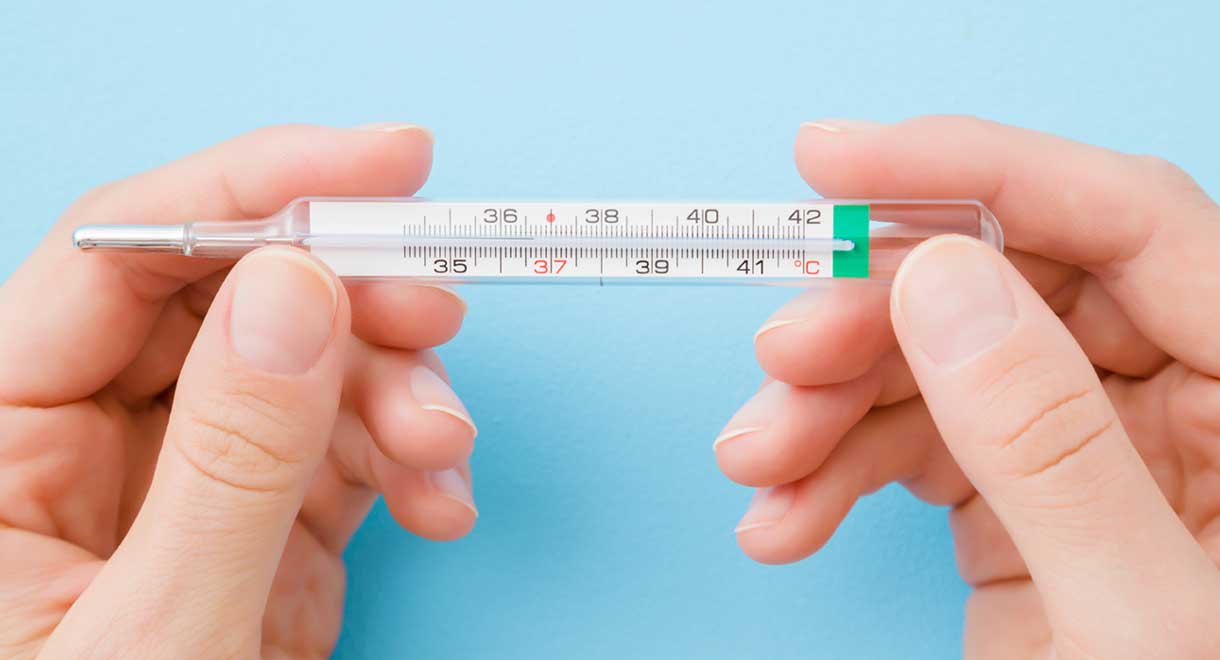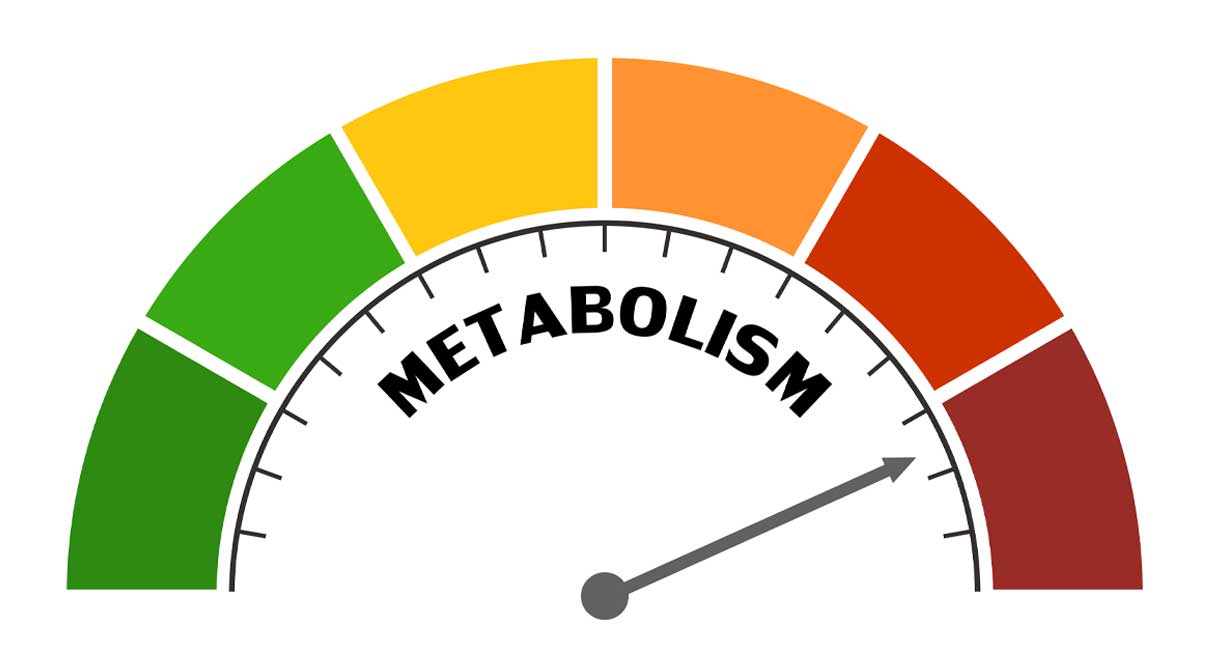Is Your Metabolism Out Of Balance?
Metabolism is the series of chemical reactions in your body that create and balance the energy necessary for your existence. Metabolism is the rate at which your body expends energy or burns calories.
Common causes of a low metabolic rate include:
- A high carbohydrate diet
- A lack of protein in the diet
- Inadequate amounts of good quality sleep
- A lack of strength training
- Muscle wasting
- Problems with the mitochondria
- High toxin load in the body
- A sedentary lifestyle
- Low thyroid condition
- Deficiency of iodine
For any given body weight, the more muscle on your body, and the less fat, the higher your metabolic rate will be. This is because muscle uses a lot more energy than fat while at rest.
If you want to increase your metabolic rate you can do the following:
- A muscle strength and muscle size building exercise program. Having more muscle mass helps you burn more calories throughout the day. One pound (0.45 kilograms) of muscle burns around 6 calories per day, whereas one pound of fat burns only 2 calories; over time this makes a big difference. Aerobic exercise uses up more calories in the moment, however strength-training exercise uses more calories throughout the day. After nine months of resistance training, one study found that test subjects had a 5% increase in their resting metabolic rate. (Reference Eur J Clin Nutrition. 2015 Jul;69(7):831-6. doi: 10.1038/ejcn.2014.216. Epub 2014 Oct 8)
- Take the natural supplement Metabocel just before each meal to support a faster metabolism.
- The Dr Cabot 15-day Cleanse to eliminate toxins and heavy metals that could be damaging your mitochondria.
It is worthwhile to take your temperature in the mornings as it reflects your basal metabolic rate. Your basal body temperature reflects your thyroid function and your metabolic rate. The basal body temperature is the lowest temperature attained by the body during sleep. It is measured immediately after awakening and before any physical activity has occurred.
In people with an underactive thyroid gland, the body temperature falls below normal because of slower metabolism. Conversely an overactive thyroid elevates body temperature producing a low-grade fever.
The metabolism in your whole body is completely dependent on enzyme function. Importantly, enzyme function is highly dependent on body temperature. If your basal body temperature is below normal, then all the enzymes in every cell of your body will be working too slowly, which means your metabolism will be way too low.
Measuring your basal body temperature (BBT) can pinpoint a thyroid problem such as thyroid resistance, even if your blood tests for thyroid function are seemingly “normal”. Tracking basal body temperature over 14 mornings gives you a better average. Most digital basal thermometers on the market are not accurate enough for this type of thyroid testing, where we are measuring your BBT. A digital thermometer, and also an infrared thermometer, may under-read a person’s body temperature. The most accurate thermometer is the old-fashioned mercury thermometer, around which this specific BBT test was originally created and standardized. Mercury thermometers can still be found in many pharmacies. You can also ask for a mercury-based fertility thermometer. Modern digital-style thermometers are calibrated differently from the mercury type, hence may give inaccurate readings for the BBT test. Only use the old-fashioned mercury thermometer.
Technique to test the basal body temperature

Your mercury thermometer should be reset by shaking it down the night before the first morning test, as well as after you have recorded each morning’s result. This ensures the thermometer is ready to use well before the next testing. It can take quite a bit of shaking to get the mercury column to go down to below the 35 degrees Celsius (95.0 degrees Fahrenheit) figure on this type of thermometer. You must take your temperature immediately after awakening as any physical activity will increase your temperature, thus preventing you getting the required basal reading.
As soon as you wake up, take your temperature, under the arm in the armpit, (not under the tongue) for a full 10 minutes. It is vital to place the mercury thermometer underarm and not under the tongue. Do not move or get out of bed before taking your temperature. Any such activity will raise your basal body temperature and make the test less reliable.
It’s important to accurately record the readings, as well as try to have those readings taken at about the same time each morning.
For premenopausal women, it is important to only measure the temperature on the 2nd, 3rd and 4th morning of their menstrual bleeding.
For men and post menopausal women, the temperature can be taken on any 14 – or more consecutive mornings.
Once you have recorded the 14 readings, work out the average temperature.
Understanding your basal body temperature results
A healthy human’s normal body temperature is considered to be 37 degrees Celsius (98.6 Fahrenheit). If your average basal body temperature (BBT) reading is below 36.5 degrees Celsius (97.7 degrees Fahrenheit), then this is an indication, that you have a low thyroid condition. In such cases, a TSH reading (a thyroid test done on a blood sample) is also more likely to come back as over 2.5mU/L.
Celsius and Fahrenheit Conversions
(°C x 9/5) + 32 = °F (°F – 32) x 5/9 = °C
For example:
Converting 36.5 degrees Celsius to Fahrenheit: 36.5 x 9 = 328.5
328 divided by 5 = 65.7
65.7 + 32 = 97.7


Leave A Comment